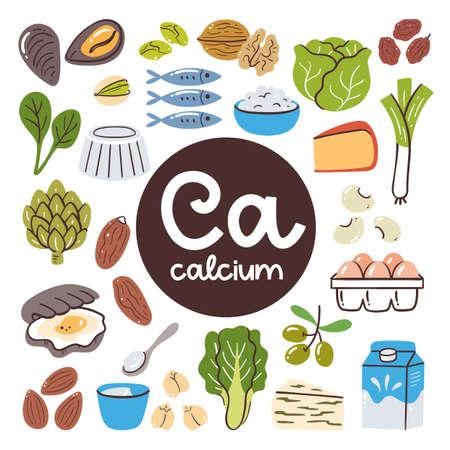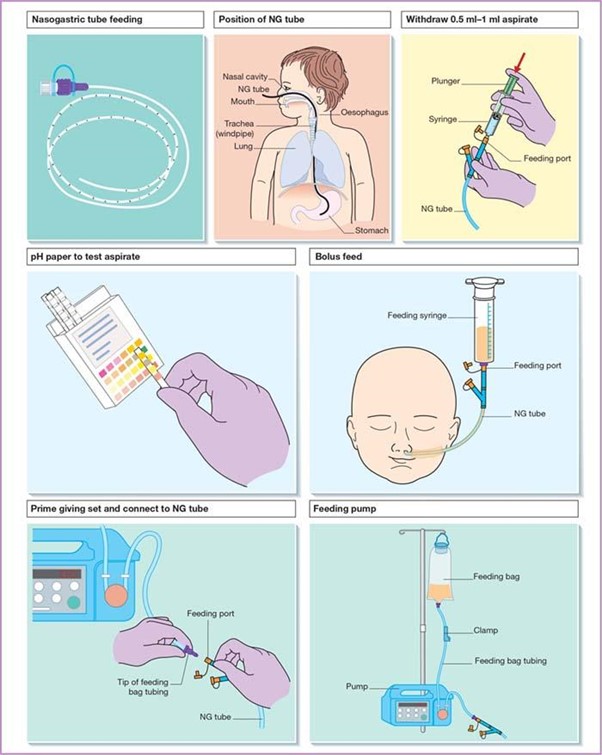An adult woman with a body mass index (BMI) of 21 tells the nurse that she wants to lose 10 pounds (4.5 kg). Which intervention is most important for the nurse to implement?
Describe the value of eating smaller portion sizes.
Encourage a well-balanced diet and moderate exercise.
Explore the reasons the client wants to lose weight.
Determine if the client has a history of anorexia.
The Correct Answer is B
Choice A
Describing the value of eating smaller portion sizes is not appropriate. While portion control is important, this advice alone might not address the overall dietary quality and exercise component necessary for effective weight loss.
Choice B
Encouraging a well-balanced diet and moderate exercise is appropriate. This intervention focuses on promoting healthy and sustainable weight loss. A well-balanced diet helps ensure that the client is getting all the necessary nutrients while aiming for a calorie deficit for weight loss. Moderate exercise complements dietary changes and contributes to overall health and weight management.
Choice C
Exploring the reasons, the client wants to lose weight is inappropriate. While understanding the client's motivations is valuable, this doesn't directly provide guidance on how to achieve the goal of losing 10 pounds.
Choice D
Determining if the client has a history of anorexia is inappropriate. While assessing for eating disorders is important in general, assuming there's no indication of anorexia, the focus should be on providing guidance for safe and effective weight loss.
Nursing Test Bank
Naxlex Comprehensive Predictor Exams
Related Questions
Correct Answer is ["B","D","E"]
Explanation
Choice A
Pickles, blackberries, seeds are not appropriate. None of these foods are particularly high in calcium. Pickles and blackberries are not significant sources of calcium, and while some seeds contain calcium, they are not among the best sources.
Choice B
Buttermilk, spinach, milk: These foods are good sources of dietary calcium is appropriate. Milk and buttermilk are commonly consumed dairy products that contain calcium. Spinach, while not as high in calcium as dairy products, still contributes to calcium intake.
Choice C
Pickled olives, spam, nuts are not appropriate. These foods are not known for being high in calcium. Additionally, some foods like pickled olives and spam may have high sodium content, which can affect calcium balance.
Choice D
Fresh meats, fresh turkey, fresh chicken is appropriate. Fresh meats, such as turkey and chicken, provide some calcium, although not as much as dairy products. They also contribute to overall nutritional intake.
Choice E
Cheese spread, processed cheese, cheese is appropriate. Dairy products like cheese, especially processed cheese and cheese spread, are good sources of calcium. They can be effective in increasing calcium intake to address hypocalcaemia.

Correct Answer is A
Explanation
Choice A
Sending fluid specimen to the lab should be implemented. Cloudy green fluid aspirated from a nasogastric tube (NGT) can indicate that the tube is in the wrong place, likely in the respiratory tract (trachea) instead of the gastrointestinal tract (stomach). The green colour suggests the presence of bile, which is normally found in the stomach but not in the respiratory tract. This is a serious situation that requires immediate attention.
The most appropriate intervention in this case is to send the fluid specimen to the lab for analysis. This is important for confirmation of the content and to guide further steps. The nurse should also consult the healthcare provider to determine the appropriate course of action, which might involve removing and reinserting the NGT correctly.
Choice B
Withdrawing the NGT and reinsert should not be implemented. If the NGT is in the wrong place, reinserting it without further assessment could worsen the situation. The nurse should not reinsert the NGT until the correct placement is confirmed.
Choice C
Connecting the NGT to wall suction should not be implemented. Connecting the NGT to wall suction without verifying its placement could cause harm, especially if the tube is in the respiratory tract.
Choice D
Determine pH value of specimen should not be implemented. While assessing the pH of aspirated fluid can help confirm the location of the NGT, sending the specimen to the lab for analysis is a more comprehensive action in this situation, as it allows for more detailed examination and guidance for appropriate next steps.

Whether you are a student looking to ace your exams or a practicing nurse seeking to enhance your expertise , our nursing education contents will empower you with the confidence and competence to make a difference in the lives of patients and become a respected leader in the healthcare field.
Visit Naxlex, invest in your future and unlock endless possibilities with our unparalleled nursing education contents today
Report Wrong Answer on the Current Question
Do you disagree with the answer? If yes, what is your expected answer? Explain.
Kindly be descriptive with the issue you are facing.
